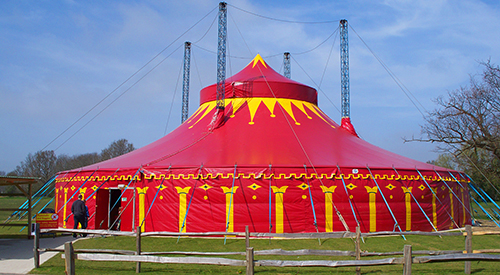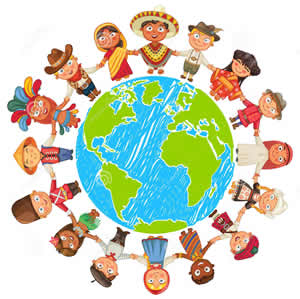Booklet: Booklet-Juggler (Berlin 1989)
Booklet-Juggler (Berlin 1989)
20 April (Berlin ) within release Youth: Circus goes into circulation Booklet Booklet-Juggler face value 5*(100+50) German pfennig
| Booklet Booklet-Juggler in catalogues | |
|---|---|
| Michel: | Mi: DE-BE 841SDJ-MH |
Booklet is square format.
with Michel Nr. 5x841 Private edition of-“Für die Jugend”Also in the issue Youth: Circus:
- Stamp - Tamer with predator group face value 60+30;
- Stamp - Trapeze artists face value 70+30;
- Stamp - Juggling sea lions face value 80+35;
- Stamp - Juggler face value 100+50;
- Booklet - Booklet-Juggler face value 5*(100+50);
Booklet Booklet-Juggler it reflects the thematic directions:
Biologically, a child (plural: children) is a human being between the stages of birth and puberty. The legal definition of child generally refers to a minor, otherwise known as a person younger than the age of majority. Child may also describe a relationship with a parent (such as sons and daughters of any age) or, metaphorically, an authority figure, or signify group membership in a clan, tribe, or religion; it can also signify being strongly affected by a specific time, place, or circumstance, as in "a child of nature" or "a child of the Sixties". There are many social issues that affect children, such as childhood education, bullying, child poverty, dysfunctional families, child labor, hunger, and child homelessness. Children can be raised by parents, by fosterers, guardians or partially raised in a day care center.
A circus is a company of performers who put on diverse entertainment shows that may include clowns, acrobats, trained animals, trapeze acts, musicians, dancers, hoopers, tightrope walkers, jugglers, magicians, ventriloquists, and unicyclists as well as other object manipulation and stunt-oriented artists. The term circus also describes the field of performance, training and community which has followed various formats through its 250-year modern history. Although not the inventor of the medium, Newcastle-under-Lyme born Philip Astley is credited as the father of the modern circus.
A culture is a way of life of a group of people--the behaviors, beliefs, values, and symbols that they accept, generally without thinking about them, and that are passed along by communication and imitation from one generation to the next. Culture is symbolic communication. --the behaviors, beliefs, values, and symbols that they accept, generally without thinking about them, and that are passed along by communication and imitation from one generation to the next. Culture is symbolic communication.



